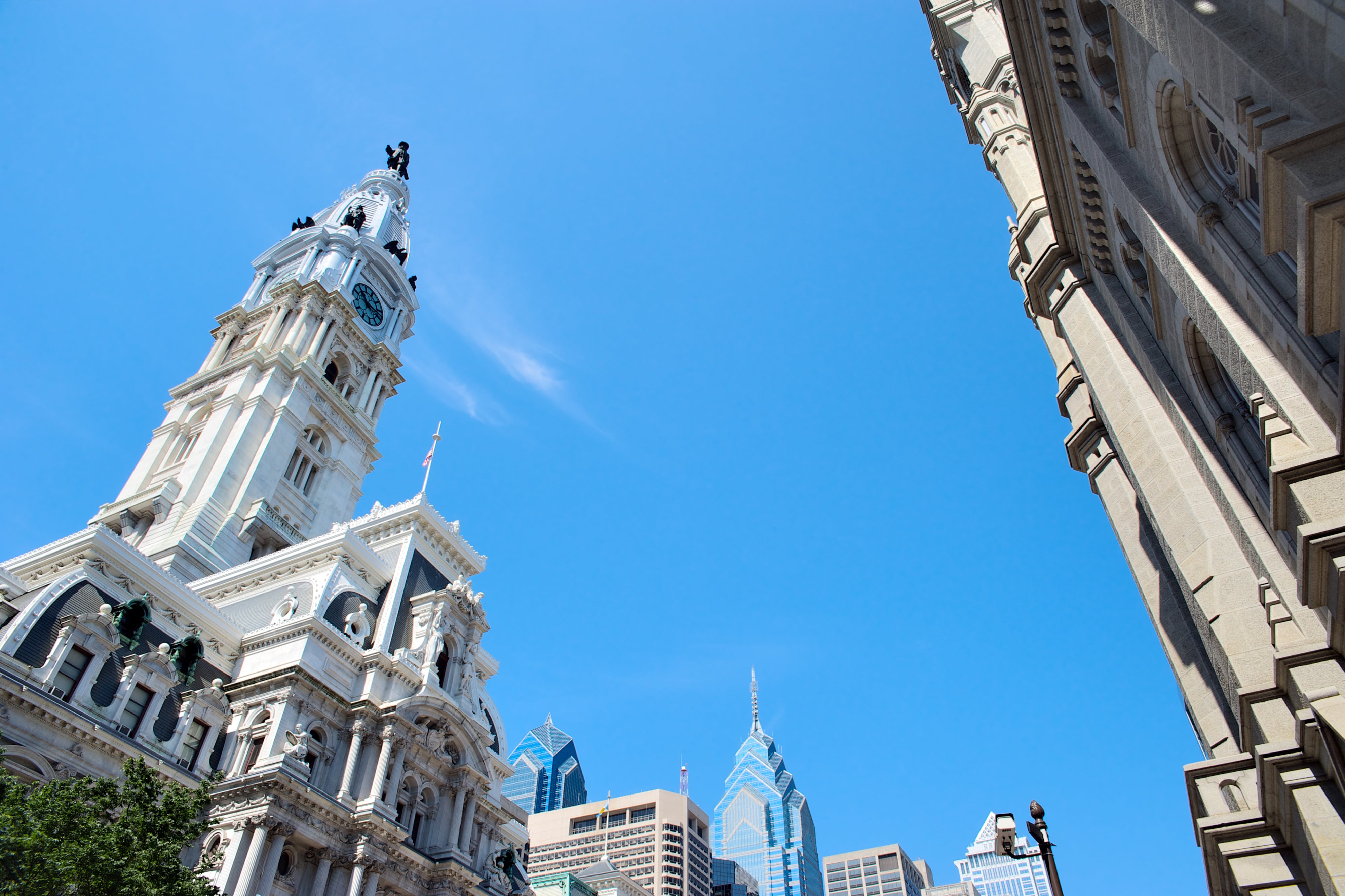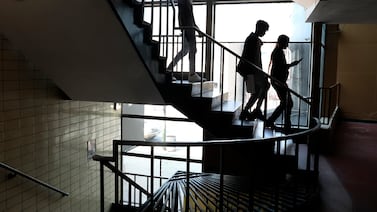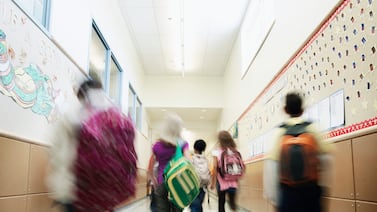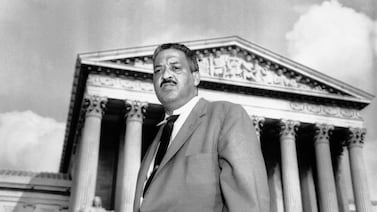Chalkbeat is a nonprofit news organization covering public education in communities across America. Sign up for Chalkbeat Philadelphia’s free twice-weekly newsletter to keep up with the city’s public school system.
This post will be updated.
Cherelle Parker, a former City Councilmember and state representative, is poised to become Philadelphia’s first Black woman mayor after securing the Democratic nomination in Tuesday’s primary election.
The Associated Press called the election Tuesday night for Parker, who cleared a crowded Democratic primary race. Parker will face off against Republican nominee David Oh in November’s general election.
The race was tight. In the lead up to Election Day, public poll forecasts put the top five Democratic candidates within a few points of one another. Philadelphia is a deep-blue city — registered Democrats outnumber Republicans nearly seven to one — meaning whoever wins the Democratic primary has a significant upper hand in the fall’s general election.
Parker was seen by many as the establishment candidate. She garnered support from some of the most powerful labor unions in the city and ran on a campaign promise to be a dealmaker in Harrisburg and bring back more state funding for Philadelphia.
Her election could have big implications for Philadelphia schools. She’s said she wants to reform the much-maligned lottery admissions process for selective schools, and work toward year-round public schools and a longer school day.
Parker will challenge Oh, the only Republican candidate on the ballot Tuesday.
With 72% of expected votes counted, the unofficial election results are:
Democrats
- Cherelle Parker 32.89% (53,906 votes)
- Rebecca Rhynhart 22.33% (36,600 votes)
- Helen Gym 20.65% (33,842 votes)
- Allan Domb 12.16% (19,925 votes)
- Jeff Brown 9.47% (15,528 votes)
- Amen Brown 1.41% (2,317 votes)
- James M. “Jimmy” DeLeon 0.60% (985 votes)
- Delscia Gray 0.23% (382 votes)
- Warren Bloom 0.19% (310 votes)
Republicans
- David Oh 95.77% (10,584 votes)
While the mayor has no direct governing power over schools, the mayor does appoint the nine school Board of Education members who oversee all policy and budgetary decisions made by the district. The board is also the authorizer for all charter schools in Philadelphia.
The current board members’ terms will expire when Mayor Jim Kenney leaves office in January. That means whoever wins in November can choose to remake the board in its entirety, or keep some or all of the current members.
At a 9 p.m. press conference Tuesday, acting Secretary of the Commonwealth Al Schmidt said there were “only a few minor and isolated issues” reported “sporadically” across the state at polling locations.
Schmidt said staff at the Department of State responded to an estimated 600 calls to their voter hotline, “which is lower than recent comparable municipal election cycles.”
“We know everyone wants to result of the election as soon as possible,” Schmidt said, “but counties must first make sure that every eligible ballot is accurately and securely counted.”
More than 186,000 voters cast ballots in the primary election Tuesday; 56,394 of those were mail-in ballots and 129,944 were cast at polling locations, per data from the Philadelphia City Commissioners’ office. There are 1,025,354 registered voters in the city.
Tuesday’s election results are unofficial until the Philadelphia City Commissioners, the office that oversees the city’s elections, certifies results 20 days after Election Day.
Carly Sitrin is the bureau chief for Chalkbeat Philadelphia. Contact Carly at csitrin@chalkbeat.org.








